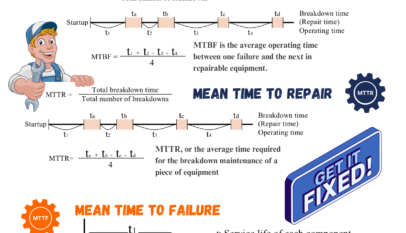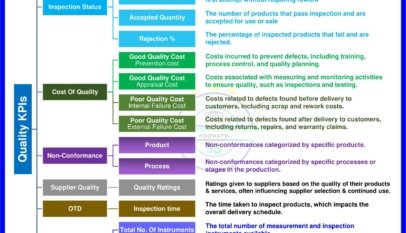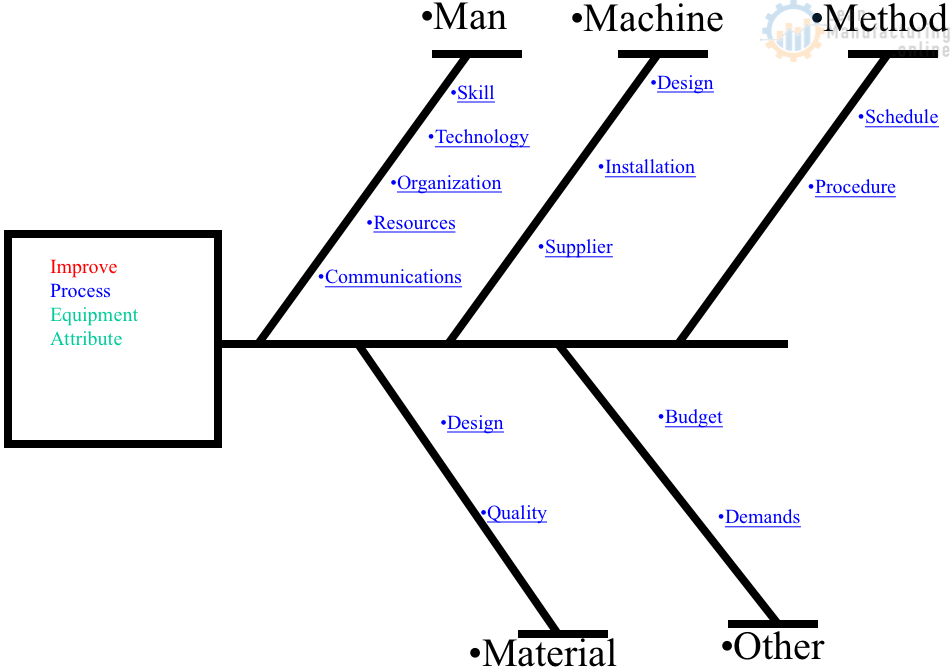In today’s fast-paced work environment, maintaining high employee motivation is crucial. However, certain behaviors by management can severely dampen team spirit. This article explores key practices that negatively affect employee motivation and how they can be avoided.
Punishing employees and neglecting to encourage them: Sometimes, there is punishment in the organization, and employees know that they will be reprimanded if they don’t do their job properly, but there is no news of incentive programs. Organization officials don’t care how well the employees have done their work, and no matter how great their work is, they neither reward them nor appreciate them. They believe that doing things well is the duty of employees. In this case, employees gradually lose their motivation and do not try to improve.
Restricting employees: Some managers try to keep employees ignorant to achieve their own goals. They believe that employees should only perform the task assigned to them and have no right to make decisions or ask questions. This category of managers usually do not allow employees to know about the events inside the organization, policies and strategies. Simply put, they run the organization like dictators.
Not providing the reason for the work: In order for employees to be motivated, they must know the reason and importance of their work. They should understand what the result of their work is for the team and the organization. When a success is achieved in the organization, all the employees who contributed to this success will be happy, like when they themselves have achieved a goal.
Contradictory behaviors and irresponsibility of the manager: The manager is the role model for the employees and the first person who can motivate them. When the manager of the organization does not match his words with his actions and behaves incorrectly, the employees’ motivation is lost.
Discriminate: Nothing demotivates employees like discrimination in the workplace and a manager who engages in the game of discrimination. A sense of justice and security is among the basic needs of employees.
Ignoring problem employees: Some employees do behaviors that make the work environment unpleasant, for example, they may always be criticizing and gossiping in the work environment and give negative energy to other employees for any reason. If the manager does not deal with these employees, they will continue their behavior and eventually other employees will lose their motivation and become like them.
Distrust of the manager: According to statistics, when managers trust their employees and show this, their stress decreases by 74%, their productivity increases by 50%, and their burnout decreases by 40%. On the other hand, when the managers do not trust the employees, the atmosphere of the organization becomes disappointing.
Creating a positive work culture requires identifying and addressing behaviors that demotivate employees. By establishing trust, offering recognition, and promoting growth, organizations can maintain team motivation and productivity.
















